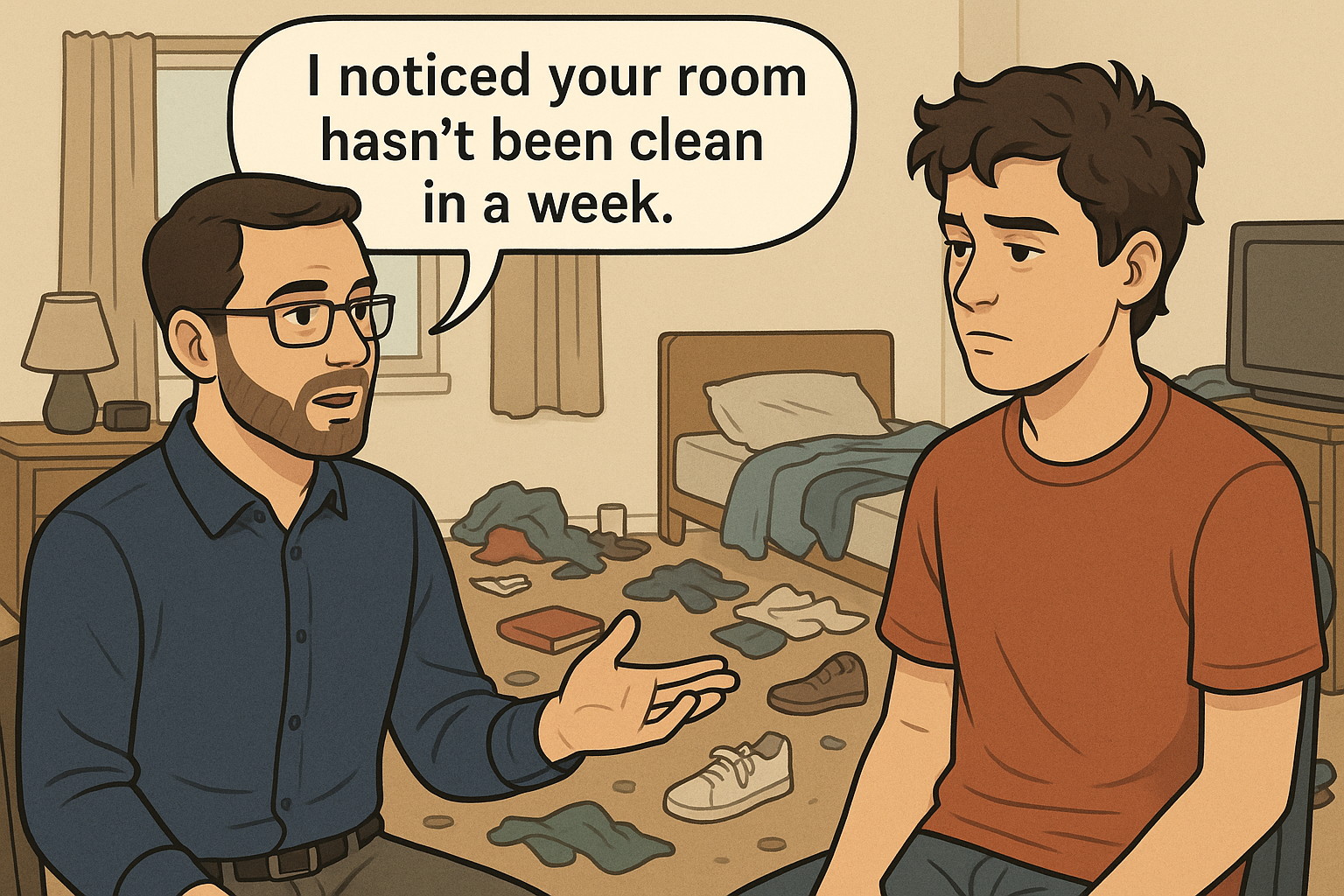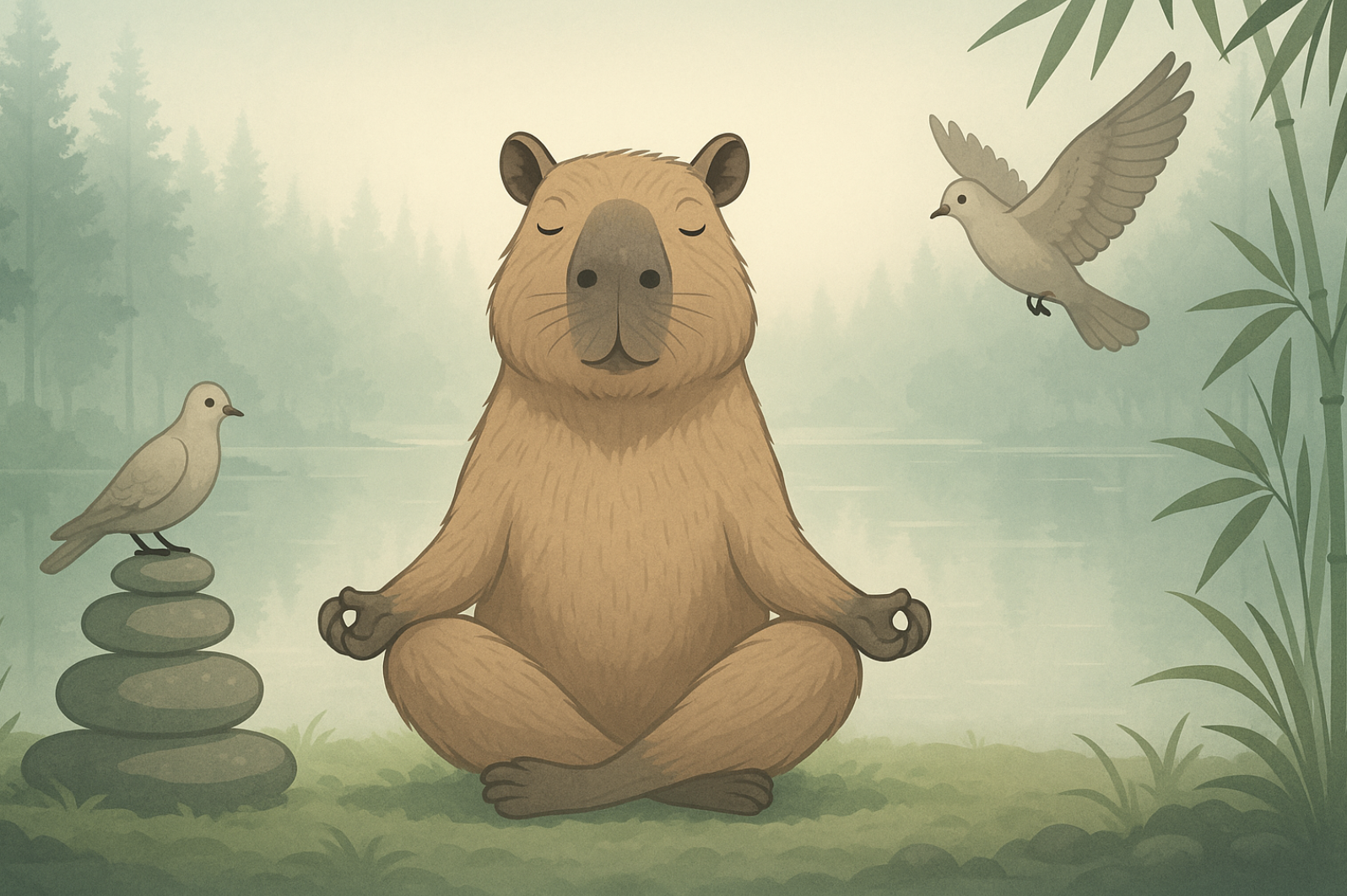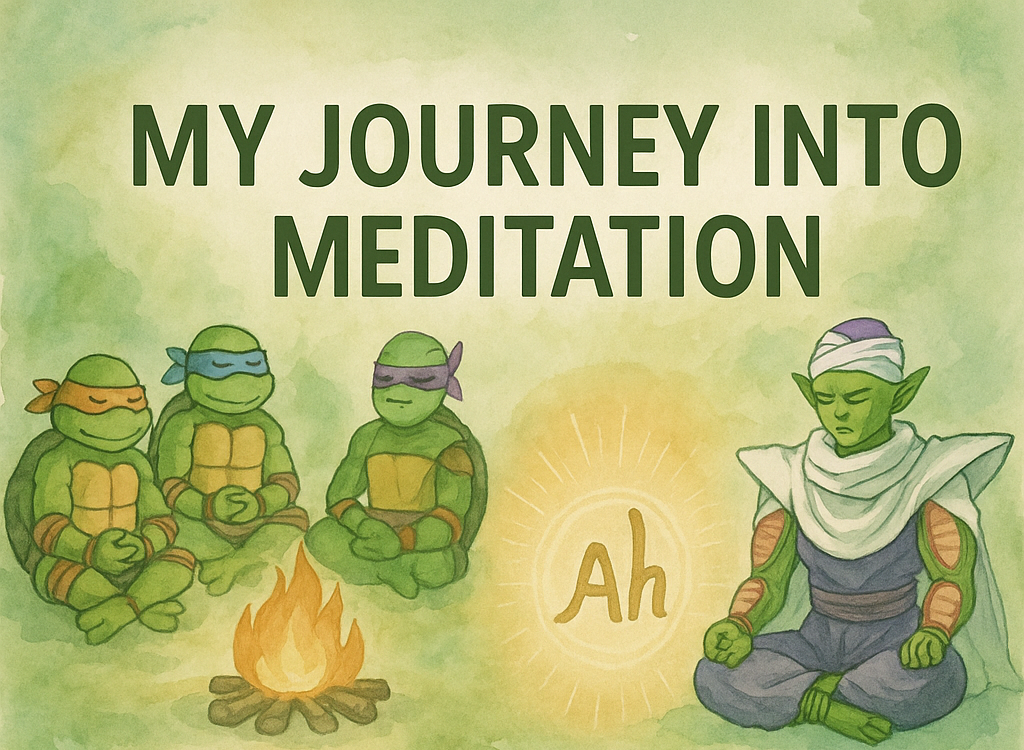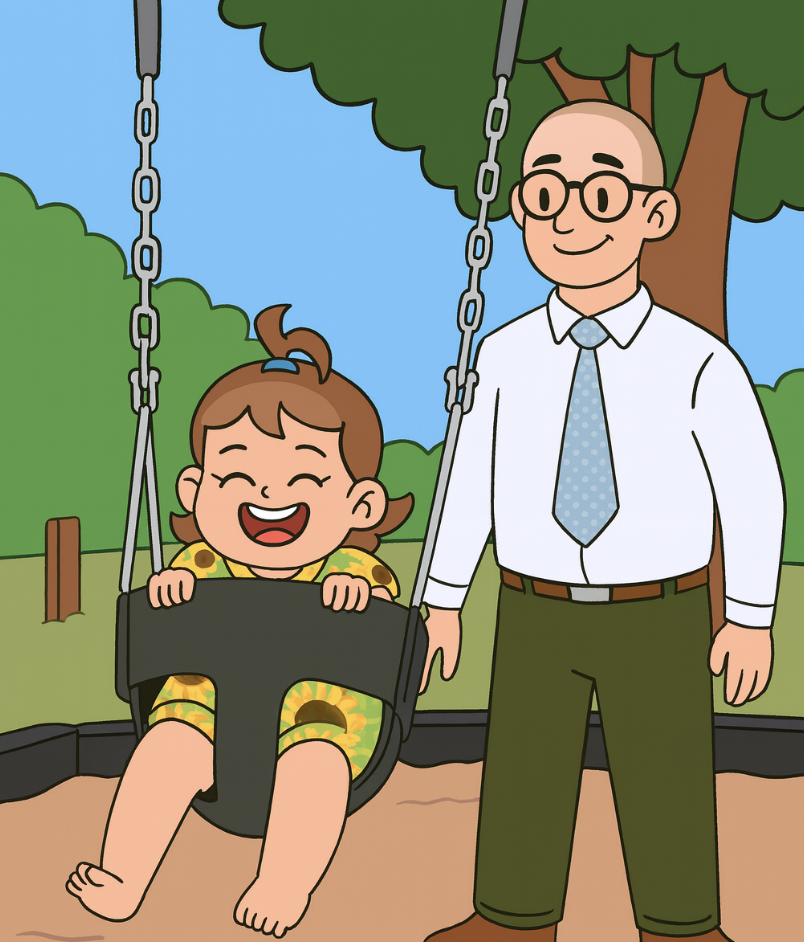When I first started working as a recovery coach with young adults in inpatient treatment for dual diagnosis, I thought I understood what the work would be like. I envisioned helping people get back on track by encouraging them to build better habits and stay motivated. What I didn’t realize was how much I would be shaped by the experience.
Early on, I was told something simple but powerful: don’t get into power struggles—redirect instead. That sounded easy, but when you’re in the middle of it, it isn’t. For example, if someone refused to clean their room, my mind would spin with a dozen thoughts about why they weren’t doing it. Were they being stubborn? Did they not respect me? Did they not care?
Eventually, I learned to step back. Sometimes it wasn’t about defiance at all—it was about depression, or being overwhelmed, or just not having the energy. The more I saw that, the less I took things personally. I realized my role wasn’t to control anyone, but to support them.
I began to prepare myself before approaching conversations. I’d think: What’s the best way to say this? How can I open the door without shutting them down? I would use observations instead of judgments: “I noticed your room hasn’t been cleaned in a week.” Then I’d follow it with care: “Is everything okay?”
That slight shift changed everything. Sometimes the client would get defensive, sometimes they’d open up, and sometimes they’d just say, “You’re right, I’ll take care of it.” No matter what, I stayed in my lane. I didn’t push, I didn’t argue—I came from love and concern, not criticism.
Over time, I also learned not to carry the weight of the job home with me. Communication was my tool, but boundaries were my anchor.
Even now, I use these skills with my own kids, friends, and family. Do I still get frustrated sometimes? Of course—I’m human. But I try to continually return to that place of compassion. The lesson I carry with me is that people don’t grow from power struggles. They grow when they feel supported, seen, and loved.
Working as a recovery coach taught me that lesson. And for that, I’ll always be grateful.




